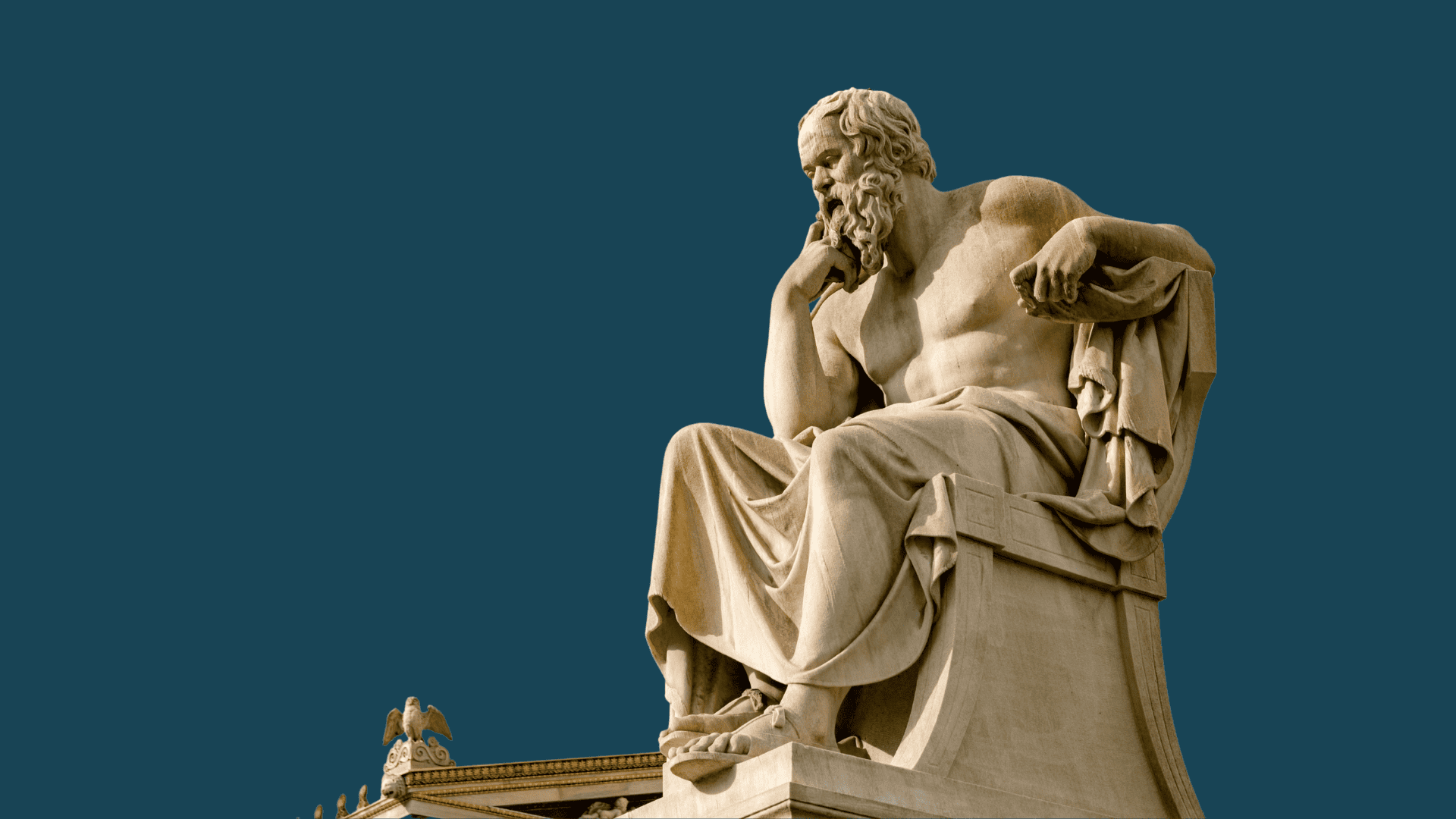



American education is dying. Public universities across our country are becoming nothing more than an extension of high school, where students go to check off a box on their resume rather than receive a meaningful education. The staff and administration at these universities have begun to view the institution as merely a business, whose sole focus is generating revenue. As a result, administrators have inflated grades, watered down content, and devalued the worth of a college degree. American higher education has strayed from its original purpose — to cultivate wisdom, virtue, and leadership — by prioritizing credentials and revenue over genuine learning. To reverse this decline, we must return to a classical model of education rooted in the liberal arts and devoted to forming well-rounded citizens.
Over the past few decades, many universities have adopted a business-like mindset where all that matters is maximizing funding. Some suggest this model benefits students, as increased funding means more resources for scholarships, student services, and fancy new infrastructure. Though these perks can improve student life, they have become costly distractions from the university's core mission.
To increase revenue, universities are incentivized to enlarge their tuition base by increasing student enrollment. This seemingly reasonable goal has disastrous consequences for academic culture. When coursework is rigorous and requires students to work harder, low-performing students are often weeded out. To combat low retention, universities tend to lower education standards to keep students paying their bills. In an article by R. Scott Clark, he says, “Universities are over-built and heavily dependent upon mom and dad to write hefty tuition checks. Students have become clients who are being told that they are the best and the brightest, whose GPA reflects that narrative, and who are being asked to learn less every year.” It is for this reason that universities have been lowering virtually all of their academic standards.
Meanwhile, our modern culture has taught young men and women to believe that a college education is needed only for the certification they receive upon graduation. The value of the knowledge students obtain in the classroom receives far less emphasis. There appears to be a mutual understanding between students and professors to keep effort minimal and grades high, so that students can obtain their certification and proceed with their lives. Not only does this hurt the students who are spending tens of thousands of dollars for their education, but it also hurts those who forgo college. A study found that 52% of college graduates are working in jobs that don’t require a college degree. When these job markets are flooded with overqualified individuals, it significantly hinders non-college graduates from securing these jobs, thereby encouraging even more people to attend college solely for the credential.
Because students in the modern university system have no incentive to make any effort in the classroom, many fall into the trap of believing that the primary purpose of college is to network and get the “college experience,” rather than the education that goes on in the classroom. Although both administrators and students should promote the iconic and beloved social aspect of college, they should not forget that the primary reason these institutions exist is to educate, not entertain.
As a result of this mentality, even something as basic as reading is virtually never done in public colleges anymore. Most of the reading in class is outsourced to YouTube videos, and the small amount of assigned reading that is given is outsourced by the students to AI. The use of AI has become so pervasive that many students now rarely do their homework independently. Due to professors conducting most tests, quizzes, and essays online, students are finding it easier than ever to cheat. ChatGPT will instantly give answers to all of the already basic quiz or test questions and will write entire essays in the style of the particular student when given a simple prompt. Why study when a student can simply copy and paste their test questions into AI and then copy and paste the answers back into their exam without even reading the questions for themselves?
This troubling trend is a direct consequence of a deteriorating academic culture, one that values revenue, credentialism, and social entertainment over education. Therefore, the fault lies in the structure of the modern university itself. Many Americans are starting to realize the alternative to this failed school system is a return to classical liberal arts education. This approach is not a new idea by any means, but one that has been prominent throughout our civilization's history and has shaped the minds of the most brilliant men to ever live. Classical education builds on the idea that education is about more than just finding a job after graduation. More fundamentally, education is about forming the moral and civic character of the next generation of leaders in our society.
Instead of obsessing over getting students the specific certifications for a particular job, classical education lays the foundation for what students need to become thoughtful and virtuous citizens. It includes the study of literature, philosophy, theology, history, mathematics, and science. Not because these subjects lead directly to a particular job, but because they teach students how to think, live, and lead. The goal is not just to pass a test or get a degree but to grow in wisdom and virtue. Classical education views students not just as future customers or employees, but as future leaders of society who need a solid foundation. This is the kind of education that used to be at the heart of American universities. This is the kind of education that produced generations of statesmen, judges, writers, and the most well-respected Americans whom we still honor today.
It is precisely this ambitious vision of higher education that inspired our Founding Fathers. Thomas Jefferson, the founder of the University of Virginia, believed the primary purpose of the “higher branches of education…are to form the statesmen, legislators & judges, on whom public prosperity, & individual happiness are so much to depend.” To this end, the Founders believed it was essential that these institutions instruct the next generation in the liberal arts. The college graduates of the Founders' generation were well-rounded men in the fields of history, philosophy, literature, theology, and other disciplines. Today, our universities have almost completely abandoned this type of education, and as a result, students graduate with a limited understanding of the fundamental principles one should expect from the upper echelons of American society.
Though the state of the modern American university is in decline, there is a solution to move forward. It is to return to the tradition that made our universities and our nation great in the first place. Classical liberal arts education offers more than just tools to find a job; it provides a vision of what it means to be truly educated. It restores meaning to our classrooms and gives students a greater purpose to enroll. We don’t need any more watered-down degree mills. We need schools that teach students how to think, we need professors who challenge them, and we need a generation of students who seek a real education, not just a credential. The classical model has consistently proven itself time and time again. If we want to save American education, it's time we look to the past for guidance.


